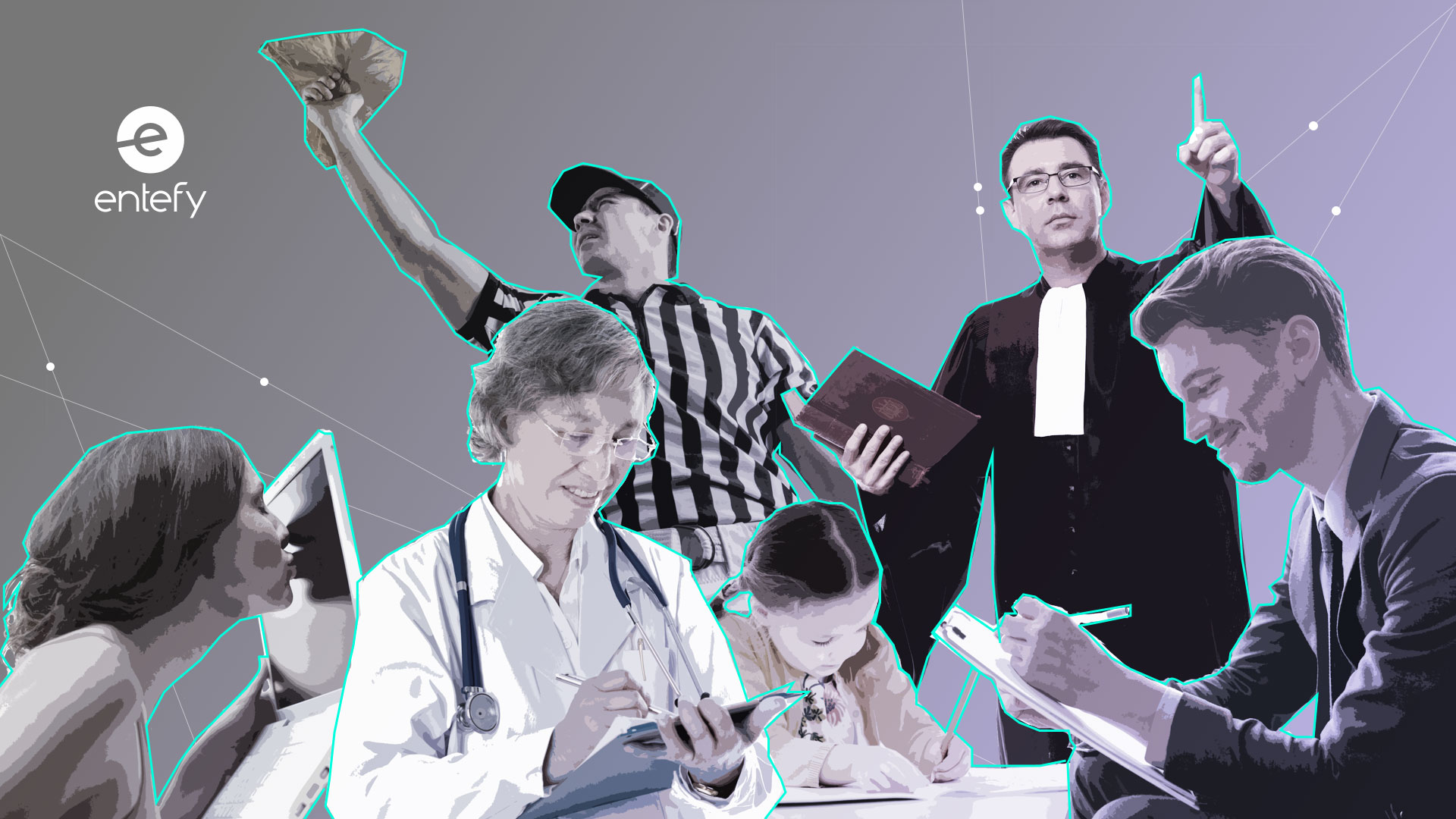The Russian novelist Leo Tolstoy wrote in the novel Anna Karenina, “All happy families are alike; each unhappy family is unhappy in its own way.” It’s an idea that comes to mind when analyzing the significant and rapid impact that artificial intelligence is having at companies and within industries. Because while the specifics of these changes are unique to the dynamics of the individual industry, AI’s impact is happening everywhere all at once. The question of whether an industry is a happy or unhappy family depends on your perspective.
“Artificial intelligence” utilizes a cluster of technologies like machine learning, neural networks, computer vision, and natural language processing. What each area has in common with the others is the core building blocks of AI itself, algorithms that power systems with the capability to learn.
The programs most of us are most familiar with—email applications, spreadsheets, word processors, and so on—are engineered to link every input (for instance, a click on the interface in a specific location) to an output (like creating a new blank document). Each possible input is laboriously documented in a line of code and all of these lines of code together define everything a user can do with the program. By way of illustration, the Microsoft Office suite of applications has ballooned to more than 40 million lines of code.
Artificial intelligence works differently. AI systems are powered by algorithms engineered to find a solution to a problem without the programmer specifying all the steps to follow to solve the problem. So, for example, an algorithm can be pointed at the problem of how best to navigate through city streets without requiring specific lines of code that describe how to handle every possible path through those streets.
But much of the excitement about AI emerges from its ability to get better at solving problems over time. To learn. Unlike a traditional computer program, which only improves with more or better lines of code, a well-crafted AI algorithm can learn over time to get better at solving problems. So in an area like business intelligence (BI), an AI-powered BI system can provide insights about a company’s operations out of the box and then get better and better at delivering those insights as it analyzes the company’s performance data over time.
We’ve written quite a lot about how AI algorithms are transforming industries large and small. Here are some highlights of our findings:
Insurance. What’s distinctive about the insurance industry’s adoption of AI is how these companies intend to collect their data. Insurers are turning to sensors to collect data directly from individuals, including technologies like in-home monitors and wearables. And whenever data collection intersects with a real person, privacy questions emerge. See AI and insurance: How much privacy would you trade for a cheaper policy?
Education. Since the advent of the personal computer, digital technologies have long been heralded as the next big thing in education. But artificial intelligence is unlike any digital technology the education system has encountered. What will it mean for parents if their children can learn just as well, if not better, from the comfort of their homes instead of traditional classrooms? See Artificial intelligence may transform education, but are parents ready? and Old school no more: AI disrupts the classroom.
Professional sports. Proponents of automated officiating in professional sports say that AI could reduce corruption and improve the accuracy of referees’ decisions. And it seems likely that the technology will play an increasingly prominent role in athletics. But the transition won’t occur overnight. See What would the Super Bowl look like with AI referees and other smart technologies?
Health care. The World Health Organization has estimated that there is a global shortfall of approximately 4.3 million doctors and nurses, with poorer countries disproportionally impacted. Around the globe, researchers are studying how AI might become a new tool in the caregiver tool kit, from diagnosis to personalized medical advice to insights into genetics. See Patients are about to see a new doctor: artificial intelligence.
Law. While AI judges aren’t likely to be sitting on benches anytime soon, the adoption of artificial intelligence solutions in the legal system is happening and happening rapidly. AI’s impact on the practice of law looks like it will begin inside firms. Where it goes from there and how much it will impact people involved in lawsuits remains to be seen. See Will AI-powered robot lawyers still use cheesy billboard ads?
Online dating.That time- and labor-intensive process we call “dating” is characterized by a notoriously high failure rate. Developments in the use of AI in online dating systems raise the question of whether machines are better matchmakers than we are. We look at some of the ways advanced artificial intelligence is being developed to take automated matchmaking to a new, hands-off level. See Game, set, match. Is there room for AI in the game of love?
Be sure to follow us on your favorite social platform to stay in the loop on emerging developments in artificial intelligence, communication, data privacy, and cyber security.
